Resources
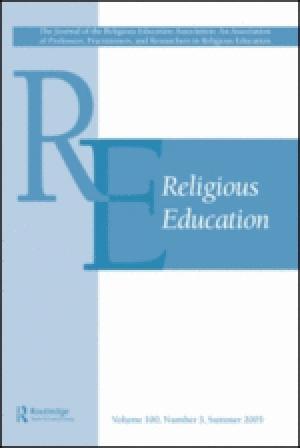
Journal Issue.
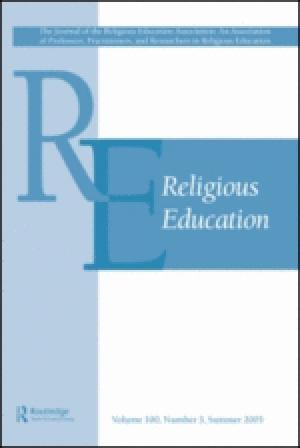
Journal Issue.

The reader may find the title of this excellent volume too modest for the rich presentation of American educational history it offers. Much more than a shaping of that historical record, the educational facts presented gain a special resonance from the richness of the social and economic background against which the history unfolds. (From the Publisher)
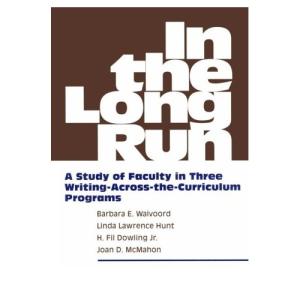
This volume allows both those teachers immersed in WAC programs and those still contemplating increasing the use of writing in their courses to peer into classrooms of those that have participated in such programs for years. Walvoord et al. report the long-term impact upon faculty of writing-across-the-curriculum programs, collecting interviews, questionnaires, classroom observations, student evaluations, and course documents from more than 700 faculty, one to fifteen years after their first WAC experiences. (From the Publisher)
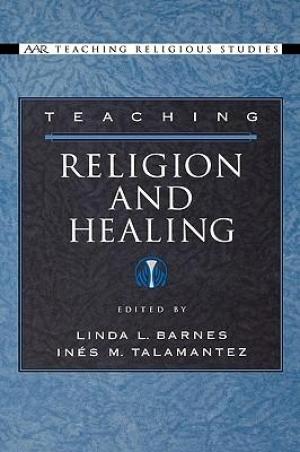
AAR Teaching Religious Studies Series (Oxford University Press) The study of medicine and healing traditions is well developed in the discipline of anthropology. Most religious studies scholars, however, continue to assume that "medicine" and "biomedicine" are one and the same and that when religion and medicine are mentioned together, the reference is necessarily either to faith healing or bioethics. Scholars of religion also have tended to assume that religious healing refers to the practices of only a few groups, such as Christian Scientists and pentecostals. Most are now aware of the work of physicians who attempt to demonstrate positive health outcomes in relation to religious practice, but few seem to realize the myriad ways in which healing pervades virtually all religious systems. This volume is designed to help instructors incorporate discussion of healing into their courses and to encourage the development of courses focused on religion and healing. It brings together essays by leading experts in a range of disciplines and addresses the role of healing in many different religious traditions and cultural communities. An invaluable resource for faculty in anthropology, religious studies, American studies, sociology, and ethnic studies, it also addresses the needs of educators training physicians, health care professionals, and chaplains, particularly in relation to what is referred to as "cultural competence" - the ability to work with multicultural and religiously diverse patient populations. (From the Publisher)
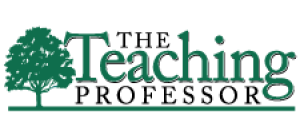
Journal Issue.
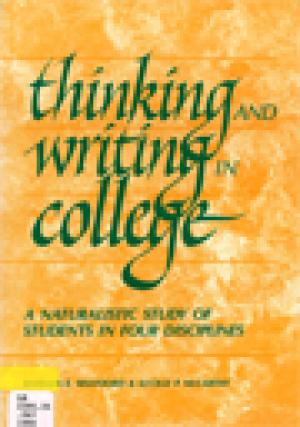
Offering insights into the effective use of writing to teach students to think like professionals in various fields, this book is the result of a 7-year naturalistic study. The book documents how a writing specialist paired with an experienced professor in another discipline (business, history, psychology, and biology) to study: (1) teachers' expectations about "good" writing and thinking in each discipline; (2) the kinds of difficulties students encountered in trying to meet those expectations; and (3) how teachers' methods and students' strategies helped or hindered progress. Chapters in the book are: "Preview of the Book" (Barbara E. Walvoord and Lucille Parkinson McCarthy); "Research Theory and Methods" (Lucille Parkinson McCarthy and Barbara E. Walvoord); "Managerial Decision Making: Sherman's Business Course" (Barbara E. Walvoord and A. Kimbrough Sherman); "Arguing and Debating: Breihan's History Course" (Barbara E. Walvoord and John R. Breihan); "Using Social Science to Help Oneself and Others: Robison's Human Sexuality Course" (Barbara E. Walvoord and Susan Miller Robison); "Conducting and Reporting Original Scientific Research: Anderson's Biology Class" (Virginia Johnson Anderson and Barbara E. Walvoord); and "Conclusion" (From the Publisher)
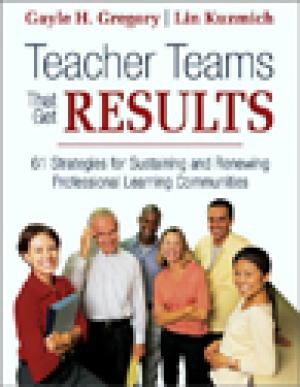
Successful professional learning communities achieve their positive results through team efforts, and each strategy in this illustrated collection of team and group process skills offers readers ready-to-use tools for success. Best-selling authors Gayle Gregory and Lin Kuzmich focus on the where, what, why, how, and when to use each strategy in order to deepen understanding, solve real problems, plan steps for transfer, develop complex solutions, and sustain positive results and successes. These skills and strategies can be used by teachers, teacher leaders, school administrators whenever faculty or staff need a boost toward new and creative solutions aimed at achieving results. With tools supporting the quality of staff dialogue and student learning, this resource is perfect for staff meetings, professional development workshops, and parent advisory meetings. It also can be used by school and district staff to train trainers and facilitate workshops. Sustaining results-oriented team efforts is hard work. This one stop shopping guide gives educators a collection of tools, graphic organizers, and examples of strategies in action, all to support the momentum and success of their team efforts and learning communities. (From the Publisher)
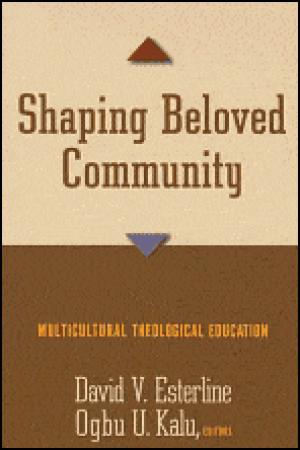
This collection of essays presents the theological, pedagogical, and disciplinary framework on which multicultural theological education is built. While many seminaries and divinity schools have expressed their commitment to create diverse communities of faculty and students, fewer schools have developed methods of learning and teaching that are appropriate for these communities. Written by faculty members at McCormick Theological Seminary, a school renowned for its commitment to diversity, these essays provide examples of new ways of learning and teaching that will help shape and sustain multicultural theological education.
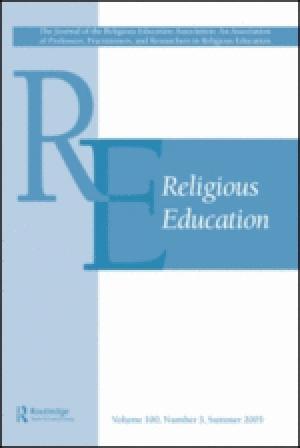
Journal Issue.